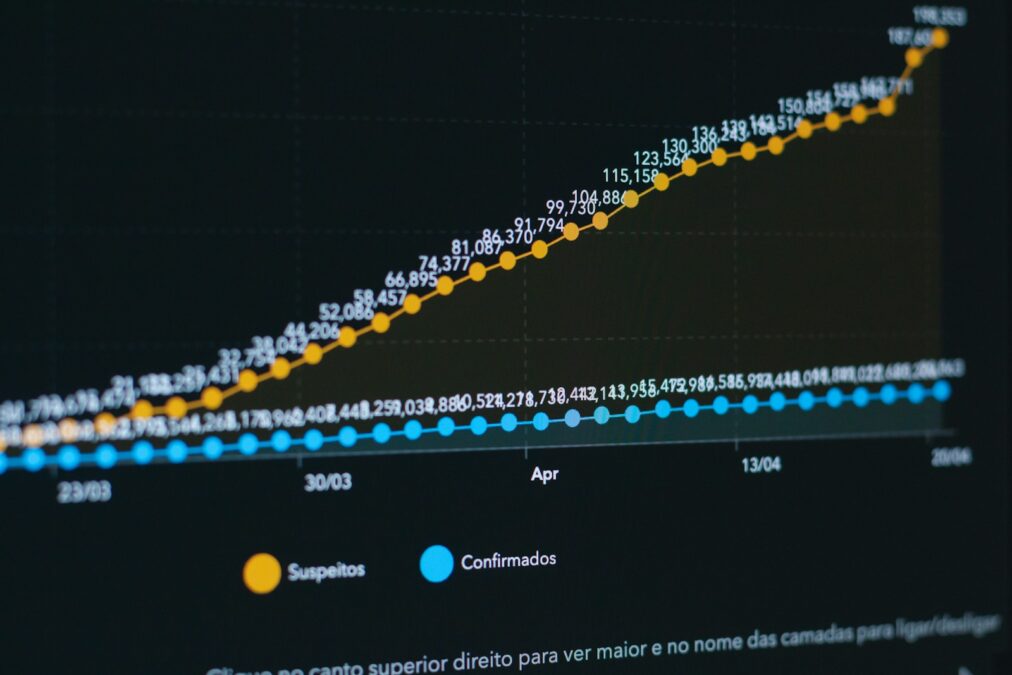Optimizing City Management Through Advanced Data Techniques
Riyadh’s approach to urban planning is being transformed by smart city data analytics, positioning the capital to leverage cutting-edge technology to improve infrastructure, services, and resident life quality. This strategic use of data not only enhances efficiency but also ensures sustainable growth in line with Saudi Arabia’s Vision 2030.
Foundational Data Strategies for Urban Optimization
Implementing Comprehensive Data Collection
At the forefront of Riyadh’s urban strategy is the implementation of an extensive data collection framework that captures a wide array of urban dynamics from traffic patterns to energy usage. Sensors distributed throughout the city continuously gather vast amounts of data, providing a detailed real-time overview of urban life. This information is critical for city planners who rely on precise, up-to-date data to make informed decisions that cater to the needs of residents while promoting environmental sustainability and efficient resource management.
Advanced Traffic Management Systems
By analyzing data collected from traffic sensors and CCTV, Riyadh is able to optimize its traffic management systems, reducing congestion and enhancing public transportation routes. The integration of AI and machine learning technologies allows for the prediction of traffic volumes and patterns, facilitating proactive adjustments to traffic signals and signage before jams occur. This not only improves commuting times but also reduces vehicle emissions, contributing to Riyadh’s environmental targets.
Energy Consumption and Utility Management
Smart city data analytics are also applied in managing Riyadh’s energy consumption. Smart grids equipped with IoT sensors enable a more dynamic distribution of electricity based on real-time demand and supply data. This helps in minimizing wastage and improving energy efficiency—a crucial step towards achieving the sustainability goals of Saudi Vision 2030. Moreover, water management systems are optimized in a similar manner, ensuring that resources are used responsibly and efficiently across the capital.
Enhancing Public Services and Quality of Life
Improving Public Safety with Real-Time Data Analytics
Safety and security are significantly bolstered in Riyadh by utilizing data analytics to enhance public safety measures. Real-time data processing helps in quick deployment of emergency services during accidents or natural disasters, vastly improving response times and operational efficiency. Additionally, predictive analytics are used to enhance policing strategies and placements throughout the city to prevent crime and increase overall citizen safety.
Healthcare Services Empowered by Data
The healthcare sector in Riyadh is also reaping the benefits of smart city data analytics. Hospitals and clinics use data-driven insights to manage patient flow, stock medical supplies, and predict outbreak patterns, which improves service delivery and disease management. Through the use of health data analytics, Riyadh aims to provide a proactive healthcare system that anticipates and meets the needs of its population efficiently and effectively.
Public Engagement and Feedback Mechanisms
Lastly, Riyadh’s smart city initiatives include mechanisms for robust public engagement and feedback using data analytics. Digital platforms collect citizen feedback on various urban issues and initiatives, which is then analyzed to guide future projects and policies. This participatory approach ensures that the city’s development aligns closely with the needs and preferences of its residents, fostering a responsive and inclusive urban environment.
Revolutionizing Environmental Monitoring
Using Data to Protect and Enhance Natural Resources
Riyadh’s smart city initiatives extend into the realm of environmental protection and sustainability. Data analytics play a crucial role in monitoring air and water quality across the city. Sensors strategically placed throughout Riyadh collect real-time environmental data, allowing for immediate responses to any detected pollution or anomalies. This proactive approach to environmental management helps to ensure a healthier urban environment for all residents and aligns with broader national goals for sustainability and environmental stewardship.
Optimizing Public Infrastructure with Predictive Analytics
Future-Proofing Riyadh Through Intelligent Infrastructure Planning
Predictive analytics are being utilized to future-proof infrastructure in Riyadh by anticipating future needs and potential issues before they arise. Data-driven insights allow urban planners to design and implement infrastructure projects that can better withstand future challenges such as population growth, climate change, and technological advancements. This foresight helps to avoid costly retrofits and disruptions in the future, ensuring that the city’s infrastructure remains robust and adaptable.
Building a Data-Centric Educational Ecosystem
Enhancing Learning Environments through Smart Technology
In Riyadh, educational institutions are increasingly incorporating data analytics into their operations to enhance learning environments and educational outcomes. Through the analysis of student performance data, schools and universities are able to tailor educational content and teaching methods to better meet the needs of their students. Additionally, smart campuses equipped with IoT devices provide a more interactive and engaging learning experience. This commitment to a data-centric educational approach not only improves academic performance but also prepares students to thrive in a highly digitalized world.
#SmartCityRiyadh #DataDrivenUrbanPlanning #AIinCityManagement #SustainableCities #Riyadh2030 #UrbanInnovation #PublicSafetyAnalytics









